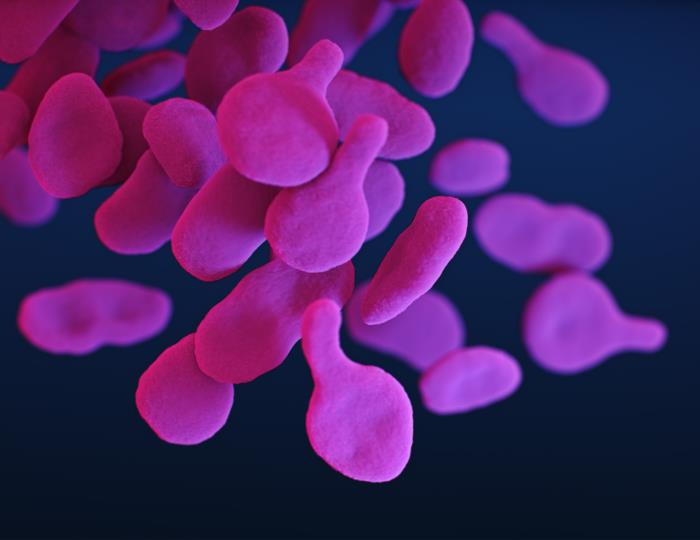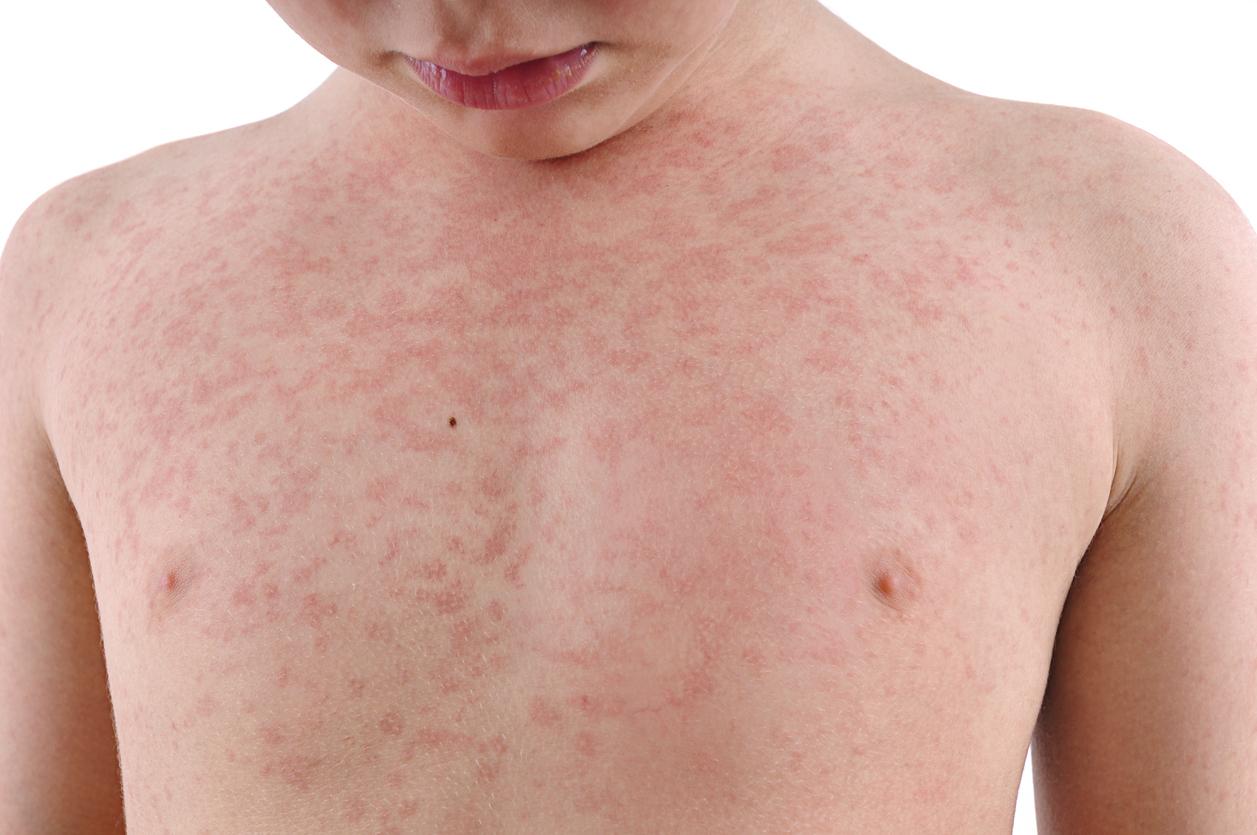
More than half of sequenced samples of Mycoplasma genitalium (MG) in Belgium were resistant to macrolides, researchers reported last week in Eurosurveillance.
From July to November 2022, a team led by researchers with the National Reference Centre of Sexually Transmitted Infections Belgium analyzed a collection of frozen MG-positive samples from 21 Belgian laboratories. MG is a sexually transmitted bacterium that can cause symptomatic and asymptomatic urethritis in men and has been associated with cervicitis in women. Although MG infections are commonly treated with macrolides (azithromycin) or fluoroquinolones (moxifloxacin), the rising levels of resistance reported elsewhere in Europe is a growing concern, and researchers wanted to get a better picture of MG resistance in Belgium.
Of the 244 MG-positive samples received, 232 were able to be sequenced for macrolide and fluoroquinolone resistance-associated mutations (RAMs). Over half (55.2%) were resistant to macrolides, including all samples (24 of 24) from men who have sex with men (MSM). Macrolide resistance was also higher in men who have sex with women (18/30, 60%) than in women (64/143, 44.8%). Fluoroquinolone RAMs were found in 25.9% of samples, with little variation in resistance between sexes.
Concerns about multidrug resistance
The study authors say macrolide resistance testing for MG-positive samples should be implemented for all patient groups other than MSM to limit the use of fluoroquinolones and avoid the emergence of multidrug-resistant MG.
"Our findings highlight the requirement for updated Belgian MG testing and treatment guidelines, including comprehensive training for both laboratory specialists and healthcare practitioners," they wrote. "These measures are imperative in preventing testing practices that may inadvertently contribute to the further emergence of multidrug-resistant MG."













